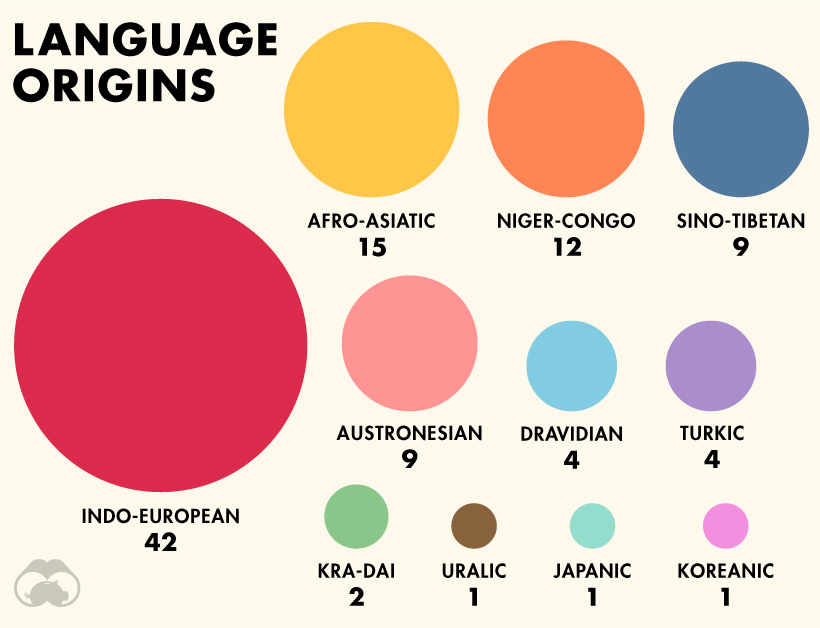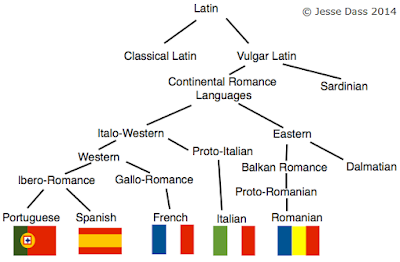6 mistakes in translation of legal texts
Table of Contents
Table of Contents
Have you ever wondered why Portuguese is the primary language spoken in Brazil, despite the country being located in South America? Many people are curious about this unique fact and want to know more about the reasons behind it.
The Pain Points of Portuguese in Brazil
Brazil is a diverse country with a rich cultural background. Despite sharing the same colonial history as the United States, Brazil was colonized by the Portuguese, not the British. This is a significant reason why Portuguese is spoken in Brazil today, as it was the official language of the colonial period. However, this has presented challenges for Brazil’s relationship with its South American neighbors who primarily speak Spanish. Communication barriers arise, causing pain points in trade and diplomacy. With Brazil being the largest country in South America and the fifth largest in the world, these barriers must be addressed for the country to thrive.
The Answer to Why Is Portuguese The Primary Language Spoken In Brazil
At first, the Portuguese colonizers struggled to communicate with the native tribes due to the lack of a common language. Therefore, they brought their own to the land, leading to the widespread use of Portuguese in Brazil. After centuries of colonization, the Portuguese language became an essential part of Brazil’s culture, and the country has continued to use it even after gaining independence. In fact, the Brazilian constitution recognizes Portuguese as the official language of the country.
Summary of Why Is Portuguese The Primary Language Spoken In Brazil
Portuguese is the primary language spoken in Brazil due to the country’s colonization by Portugal and the subsequent widespread use of the Portuguese language. While this language has presented communication barriers with neighboring Spanish-speaking countries, it remains an essential aspect of Brazil’s culture and identity.
Personal Experience with Why Is Portuguese The Primary Language Spoken In Brazil
I grew up in a Brazilian family that spoke both Portuguese and English at home. As a child, I always wondered why my parents and grandparents spoke Portuguese instead of Spanish like our Latin American neighbors. It wasn’t until I learned about Brazil’s history in school that I fully understood the reason behind this. Knowing the language’s roots and history has allowed me to value and appreciate it even more.
The Role of Education in Promoting Portuguese in Brazil
Education plays a crucial role in promoting the Portuguese language and culture in Brazil. Portuguese is taught from a young age in schools and universities and is required for government jobs. Additionally, the government invests heavily in promoting Brazilian culture overseas, showcasing the language, music, and traditions in international events.
The Importance of Portuguese in the Global Market
Portuguese is also an important language in the global market, as it is spoken in eight countries and is the sixth most spoken language in the world. Brazil’s economy is rapidly growing and becoming more integrated into the international market, making knowledge of Portuguese increasingly valuable. This language provides access to trading partners in Africa and Asia, where Portuguese is also spoken.
The Future of Portuguese in Brazil
The Portuguese language will continue to play a vital role in Brazil’s culture, identity, and economic growth. While Brazil is embracing its cultural diversity, the Portuguese language remains an essential aspect of the country’s past, present, and future. Its promotion and preservation will ensure that it continues to thrive both nationally and globally.
Question and Answer Section: Why Is Portuguese The Primary Language Spoken In Brazil?
Q: Did Brazilian nationals attempt to change the official language to Spanish?
A: Brazil never attempted to change the official language to Spanish as it values its linguistic and cultural heritage.
Q: Is Portuguese the only official language in Brazil?
A: Yes, Portuguese is the only official language of Brazil, but there are many indigenous and immigrant languages spoken throughout the country as well.
Q: Are Portuguese and Spanish similar languages?
A: Portuguese and Spanish have many similarities and are both Romance languages. However, the two languages have distinct differences in grammar, vocabulary, and pronunciation.
Q: Does the Portuguese language make it easier for Brazilian businesses to communicate with Portugal?
A: Yes, the Portuguese language is a bridge between Brazil and Portugal and allows for easier communication between the two countries.
Conclusion of Why Is Portuguese The Primary Language Spoken In Brazil
Portuguese is the primary language spoken in Brazil due to its colonial history with Portugal and the subsequent widespread use of the language. While the language has presented communication barriers with Spanish-speaking neighbors, it remains an essential aspect of Brazil’s identity and culture. The promotion and preservation of the language will ensure that it continues to thrive both nationally and globally.
Gallery
The Guide To Spoken Brazilian Portuguese: How It Really Sounds

Photo Credit by: bing.com / words move portuguese spoken brazilian english sit literally still why mcwhorter won fluentu john macmillan textbooks tell don ebooksz people
What Languages Are Spoken In Brazil? | CCJK

Photo Credit by: bing.com / spoken ccjk olson
Portuguese Language Is #spoken By Ninety Nine Of #Brazilian Population

Photo Credit by: bing.com / portuguese
PPT - Exploration 1450-1700 Is Contact With Other Cultures Beneficial

Photo Credit by: bing.com / brazil portuguese spoken why
6 Mistakes In Translation Of Legal Texts - LocAtHeart Translation Agency

Photo Credit by: bing.com / translation portuguese texts mistakes legal brazil although spoken variety language europe different much national its brazilian gdpr common





